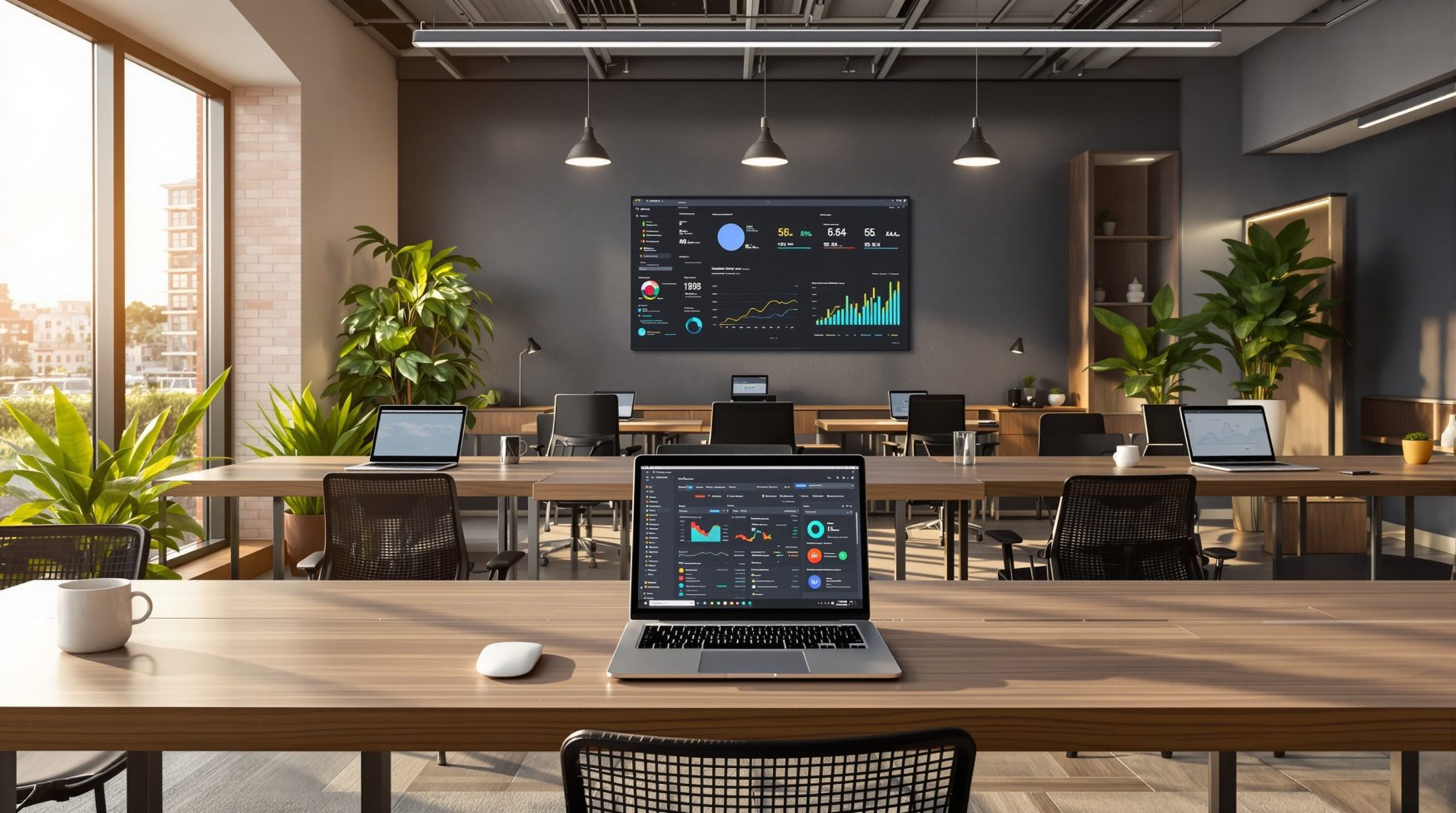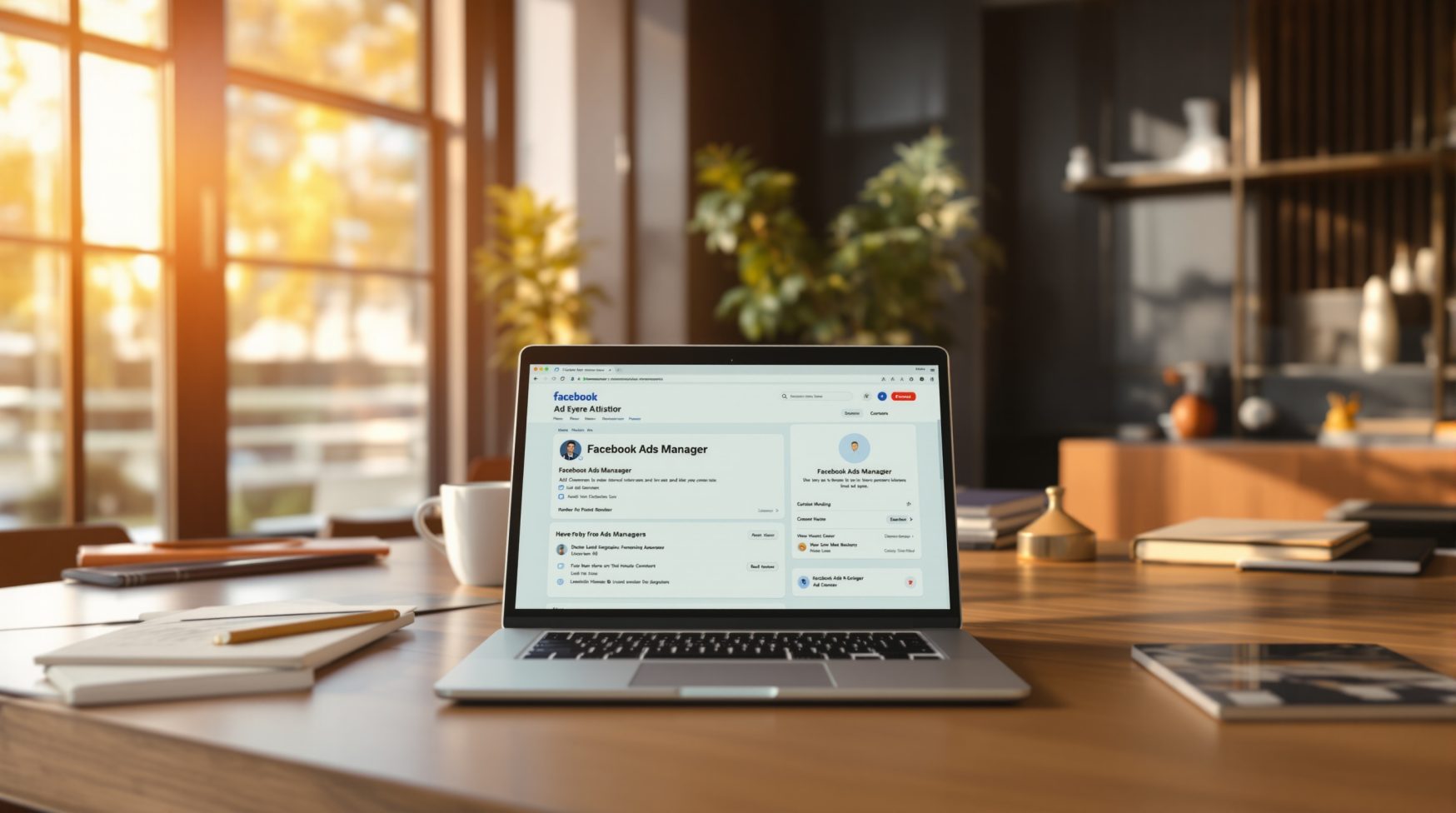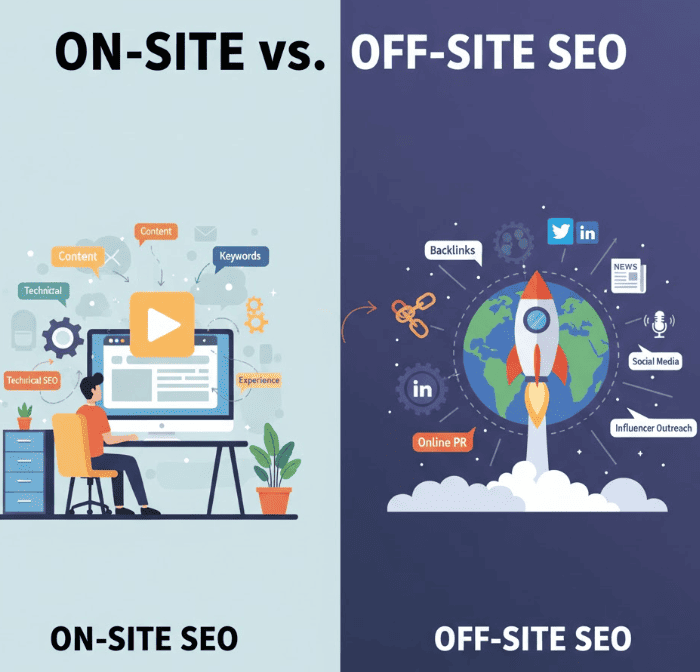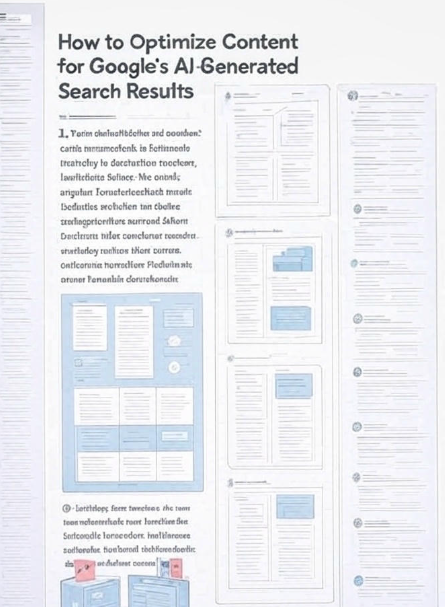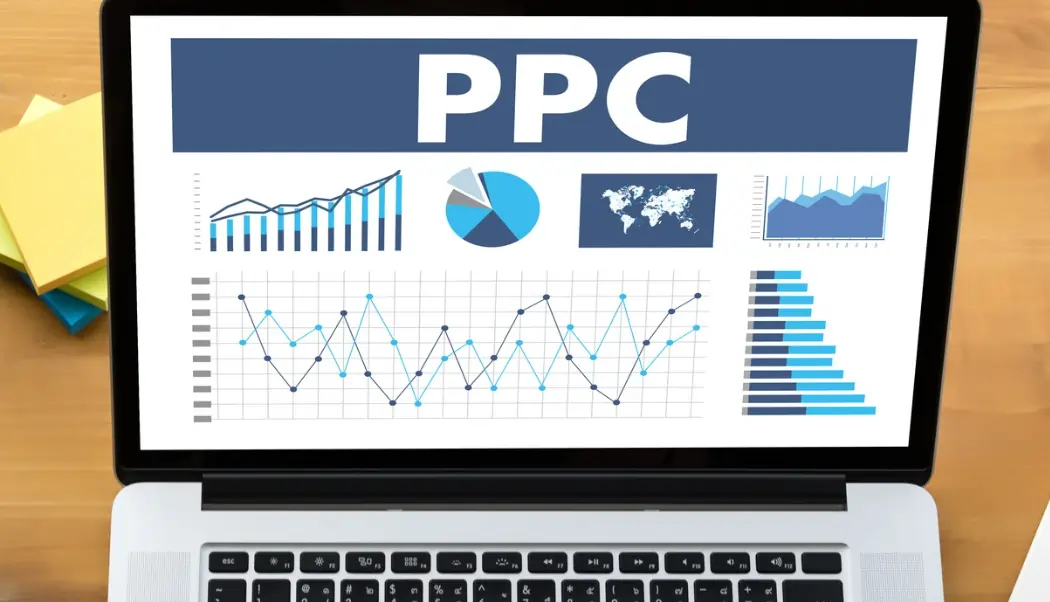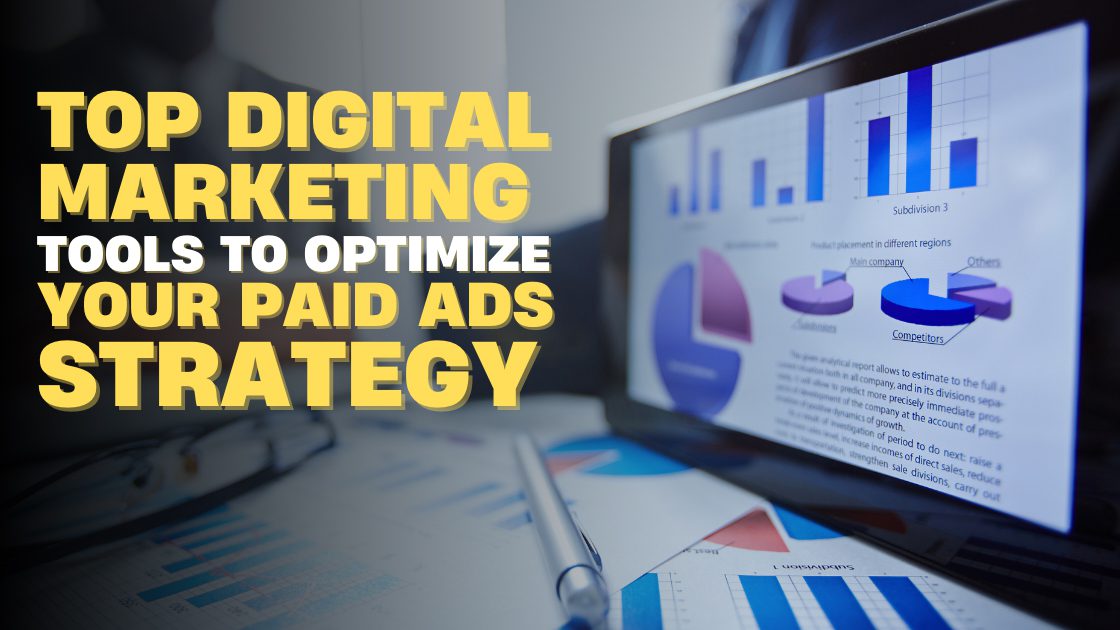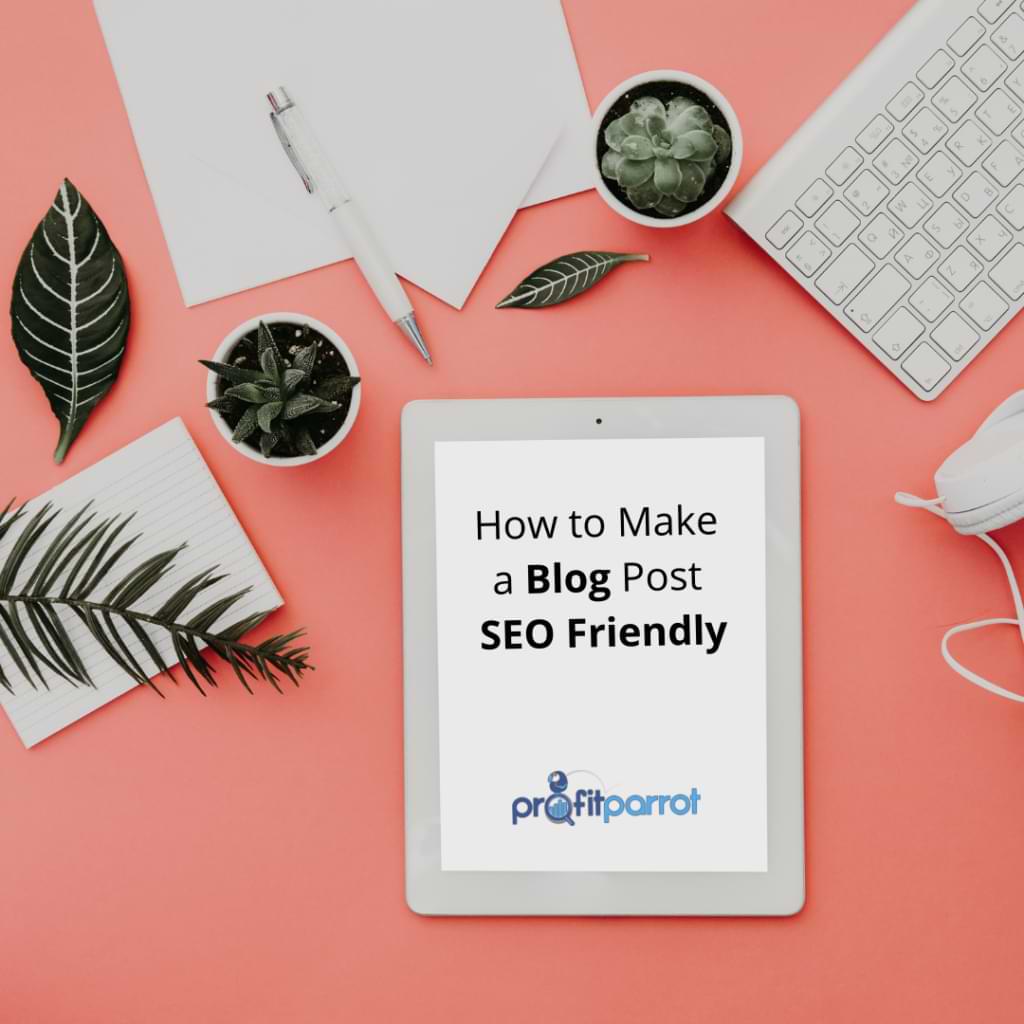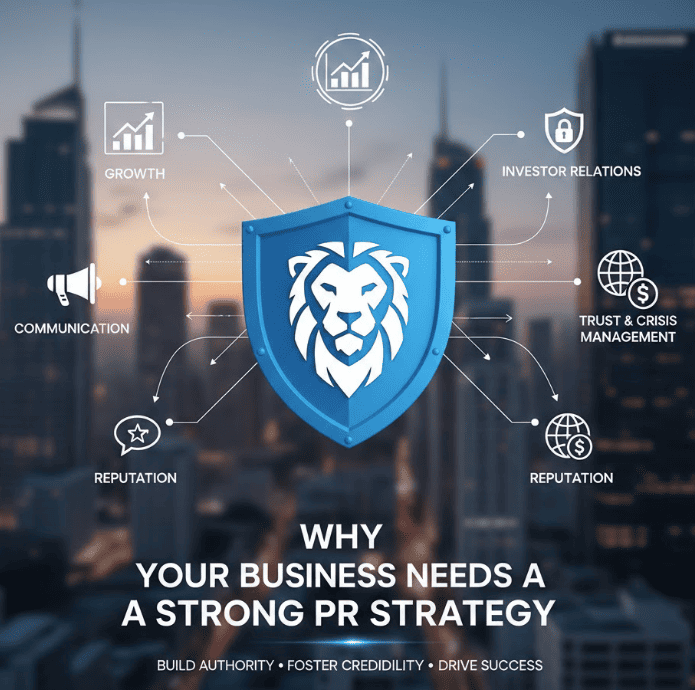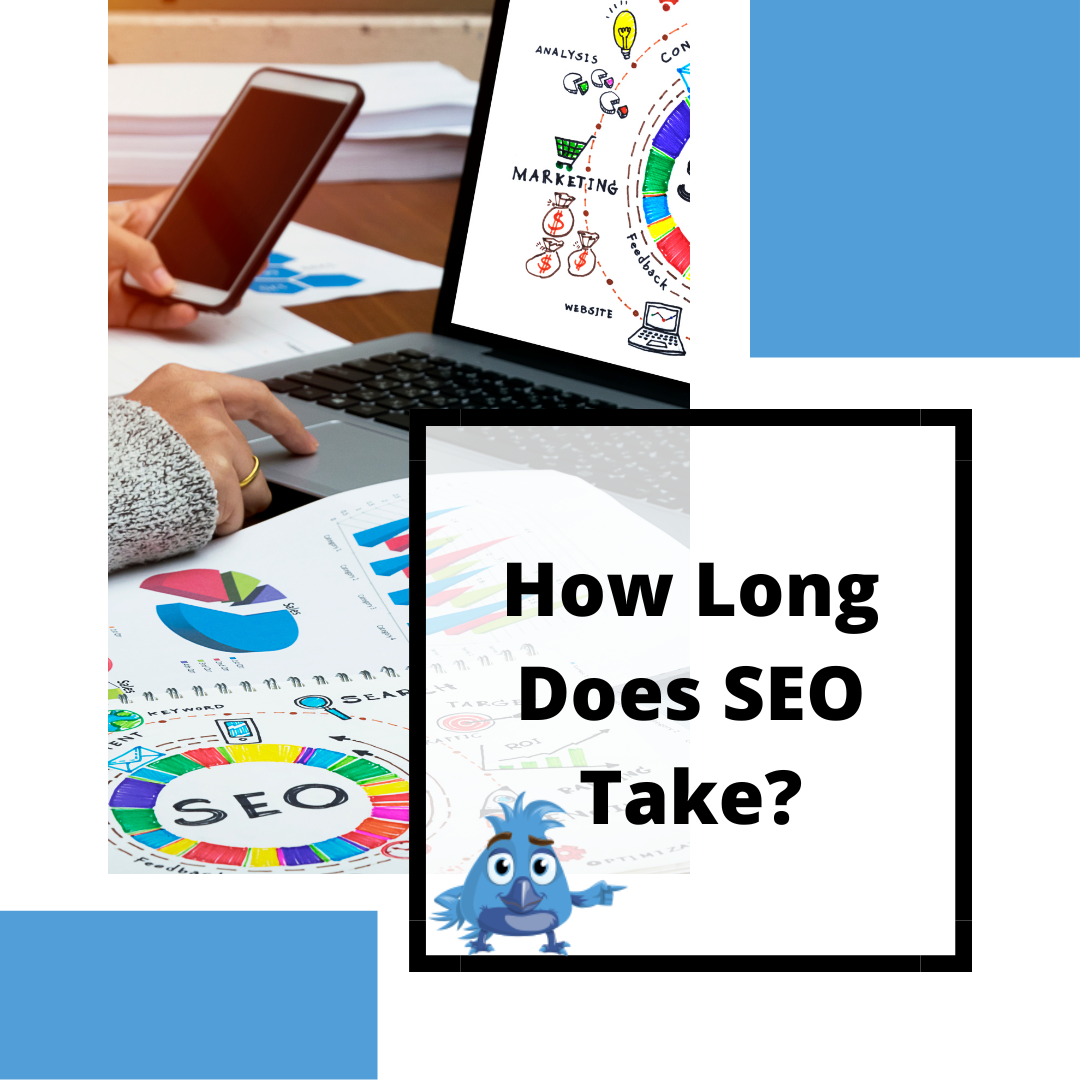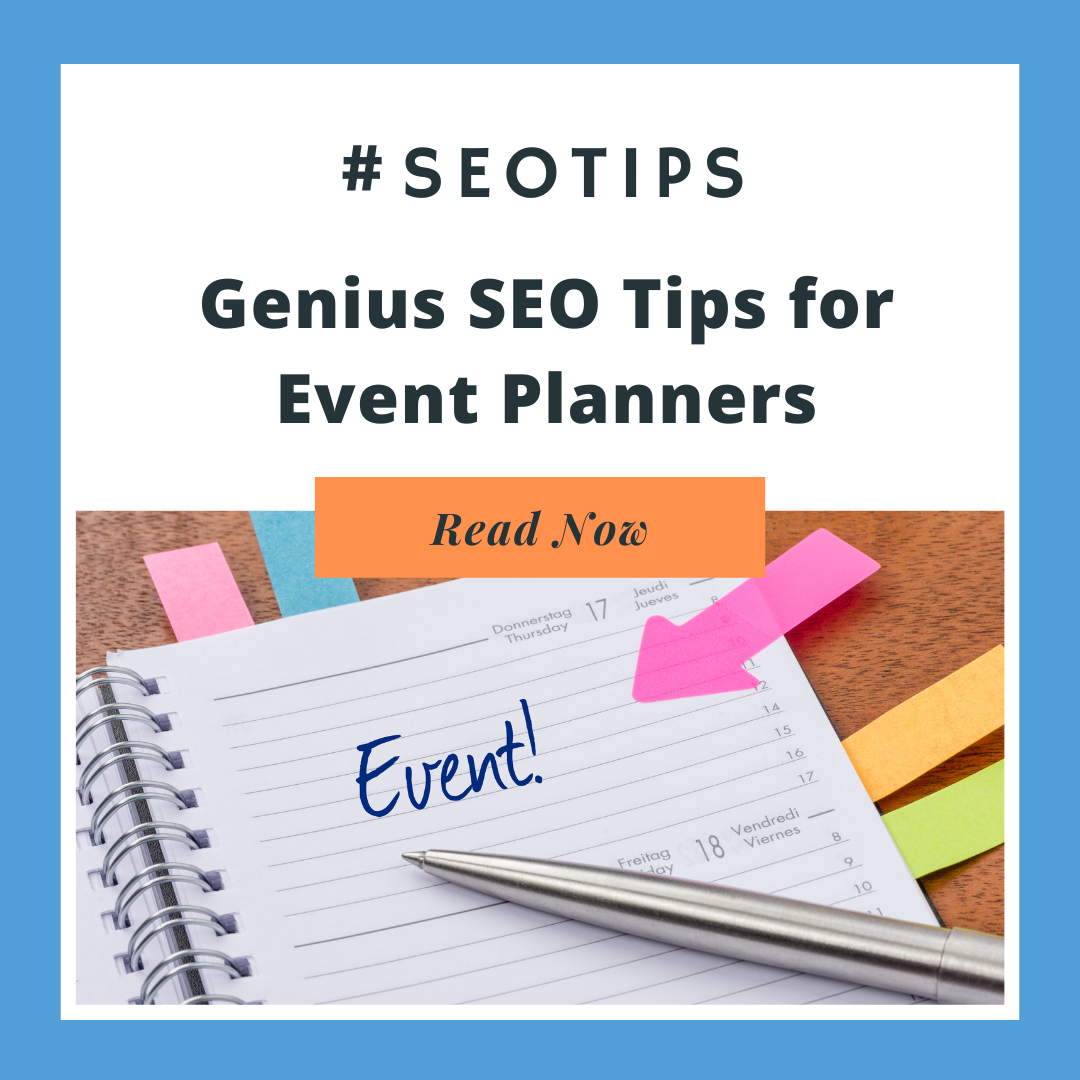
Just like any other business, promoting your business is one of your top priorities as an event planner. In the digital age, this means maximizing your brand’s exposure online to ensure you reach your target audience. To find more leads and get more conversions, your website needs ample exposure. You must ensure you’re easily discoverable. Internet users looking up certain keywords should see your brand on the first page of results, if not the top result.
To do this, you need to be privy to the best SEO (search engine optimization) practices.
SEO and its importance
SEO, which stands for search engine optimization, is the process of improving a website to increase its ranking. This ranking determines a website’s positioning on a search engine’s results page. Top-ranking websites are shown on the first page of search results, with the highest ranking appearing atop the list.
SEO is critical for any business that seeks to reach its audience and widen its exposure. By following the best SEO practices, a company’s website has a better chance of ranking high on the search results, thus becoming more visible and receiving more traffic.
For event planners, an excellent SEO strategy is key to standing out. Your company’s website will be a major piece of your marketing campaign, and it will only receive substantial traffic if it followed the best SEO practices today.
How does SEO work?
The goal of search engines is to provide users with the most relevant answers and information. To do this, they use an algorithm to determine which web pages are most relevant to what the user is searching for. For instance, Google’s algorithm analyzes two factors: relevance and authority.
Search engines keep the exact details of their algorithm a secret, so we may never know what exactly their algorithms look for. However, SEO experts say following the E-A-T (Expertise, Authoritativeness, Trustworthiness) framework significantly helps in making a webpage appear relevant and authoritative to algorithms.
Use long-tail keywords
A huge part of a successful SEO strategy is getting the right keywords. It’s keywords that users put into the search bar, and if these keywords match the content of your event website, it’ll be easier for Google to decide that it belongs to the first page of the search results. Sounds easy, but how do you know which keywords you should incorporate into your content? By researching them.
In SEO, conducting keyword research is an essential step as it gives organizations a list of keywords with a good potential of reaching valuable leads. Tools like Moz Keyword Explorer and Semrush are helpful in finding the best keywords for your website.
Whichever tool you use, you must focus on researching long-tail keywords — keywords that consist of three words and above. Long-tail keywords are phrases like “best event planner in New York” or “effective SEO company in Ottawa”. They are better for promoting events as they are more specific, driving more relevant traffic to your website.
After determining the best keywords to use, you should integrate them into your websites. Make sure you only use keywords when they flow naturally into the content. Forcing the use of keywords everywhere, a practice called keyword stuffing, will hurt your SEO ranking instead of helping it.
Ensure quality content
As discussed above, search engines look for relevancy and authority when deciding which sites to list on the first page. To be relevant, you need to use well-researched keywords. To have authority, quality should be at the heart of your content marketing strategy.
As an event planner, the aim of your content should be to share information about your event planning knowledge. Your web pages should be filled with answers to users’ questions. Following the E-A-T framework, users searching for event planners are more likely to see your website in their search results.
As more people visit your website for your valuable content, search engine algorithms will start seeing it as having authority. This will result in more leads, and fortunately, more conversions down the road. Visitors may not convert immediately, but once they are ready to, they will be more likely to choose your brand over the competition. After all, you have demonstrated authority and built a foundation of trust with your audience through your quality content.
Optimize for mobile
With Google separating mobile and desktop into separate indexes of search results (mobile being the primary), optimizing your site for mobile searches has become a key strategy. When a user performs a search on their computer, the results they will get will be based on the mobile index.
If you haven’t optimized your website for mobile devices yet, here are some pointers:
- Run your site through Google’s Mobile-Friendly Tool – this tool will test your site and determine which areas need improvement in terms of mobile-friendliness.
- Improve responsiveness by using custom CSS – a responsive site is a mobile-friendly site.
- Design with varying screen sizes in mind – mobile devices come in all shapes and sizes, so make sure your site can adapt.
- Cut down loading times – slow websites are a big turn-off, especially for mobile users. You can optimize your site’s performance by implementing caching, using a Content Deliver Network, compressing images, etc.
There isn’t a big difference between SEO for event planners and SEO for other types of businesses. A good SEO strategy is pretty much the same at its core, with only the keywords being significantly different. Ultimately, SEO is all about making your website the best it can be so it can earn its place at the top of Google’s search results.


